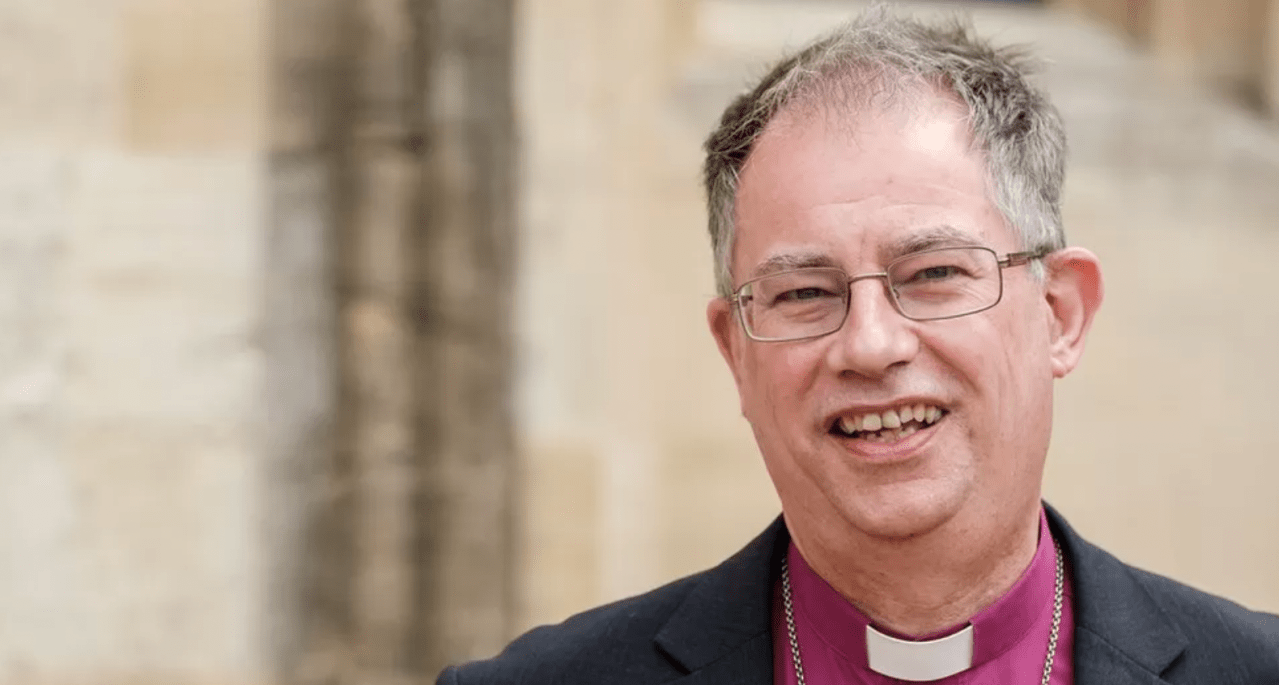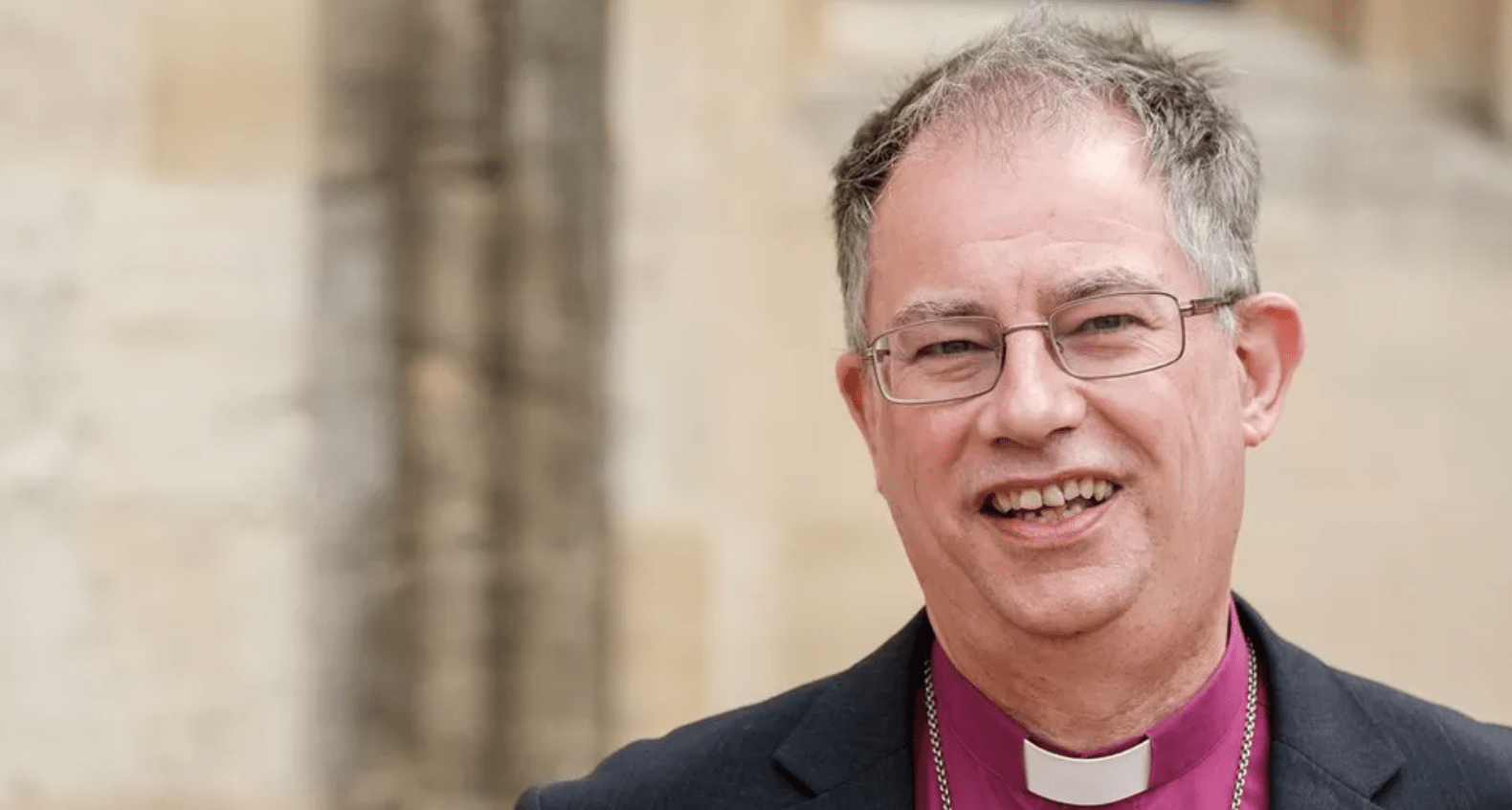The Bishop of Oxford, Steven Croft, has come out in favour of gay marriage – the first senior bishop to do so. He has apologised to gay Christians that the Church has dragged its feet, and that his own views have been slow to change.
He is right to call for change. But I don’t think he needs to apologise that the change has taken, or rather is still taking, a long time to come. I think that the Church has been right to approach the issue super-cautiously. Gradualism is sometimes good. The orthodoxy says otherwise: ‘justice delayed is justice denied’. But in this case, such rhetoric is impatient and counter-productive.
For many centuries it was firmly assumed that marriage should involve people of different sexes. The assumption was only seriously challenged a few decades ago; in fact I recall very little talk of it before 2000. Perhaps no cultural change has come so quickly, so out of the blue. Compare that with the misguided assumption of the superiority of males over females, or whites over other races. These assumptions were challenged far more gradually, before they were overturned by equality law. So I do not blame Christians – including myself – for feeling unsure in 2013 about the advent of gay marriage. It felt pretty sudden.
The bishop bases his call for change in the text: ‘By their fruits shall ye know them’. Faithful same-sex relationships have a good effect on society, and on the Church, so they should be officially affirmed. I agree. But I think it’s only quite recently that the evidence has come in, that these fruits have had time to ripen. So there is no shame in the Church’s slowness to come to a judgement.
Croft might also have cited Acts 5:34. A Pharisee named Gamaliel urges his fellow Jews not to persecute the Christians, but to wait and see if the movement has divine backing. In effect the Church has been agnostic in recent decades, trying to keep an open mind. Secular moralists will say this complicity is bigotry, but they should be ignored. Moving away from a deep moral taboo takes a long time.
It’s easy to knock the Church of England for being muddled, on the fence, behind the times. In reality, it has shown an impressive mix of open-minded reformism and wise caution.








Comments